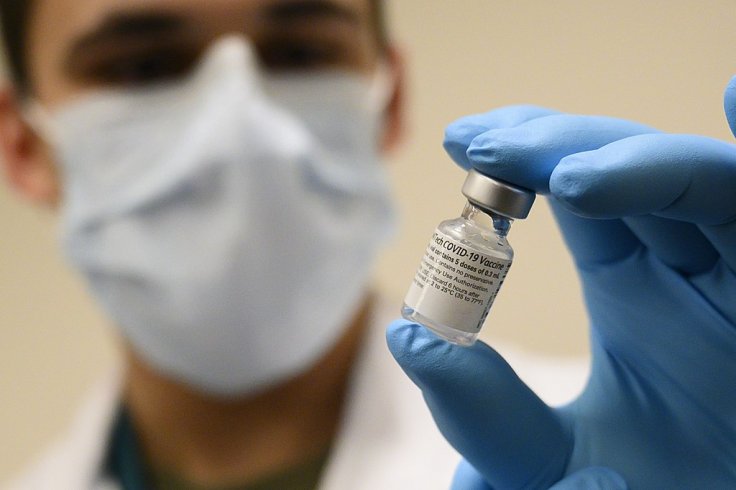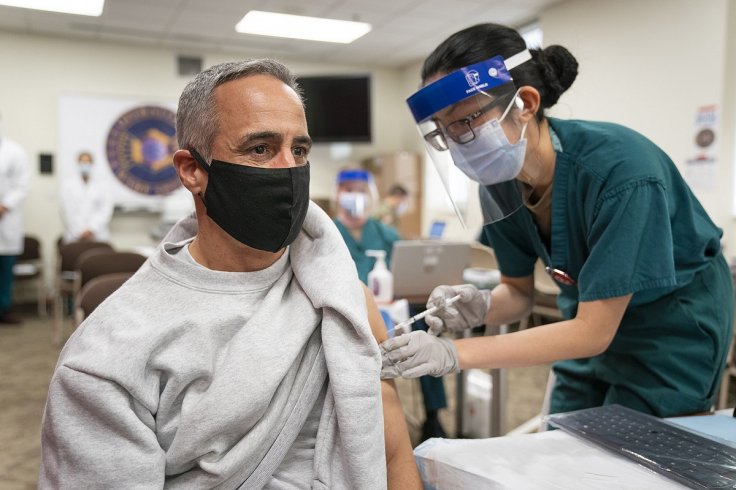After the Coronavirus hit the world, many researchers and pharmaceutical companies began the work to develop a cure or a vaccine. But while many countries launched mass inoculation programs, some people expressed their concerns about the side effects. Earlier, experts claimed that the second dose may cause more side effects, but there is a reason why younger people would experience harsher effects.
Since the rollout of vaccines, many said that they don't want to take vaccines as they are worried about the side effects. Even though healthcare professionals assured them that there won't be any life-threatening side effects, cases of some people who died a few days or weeks after the vaccination due to some health complications have terrified more people.
Now, healthcare experts have decided to shed light on vaccine effects and explained why younger people could face severe symptoms compared to others and what this actually means.

Side Effects and Young People
A healthcare worker at the University of Cincinnati Jaasiel Chapman was part of Moderna's COVID-19 vaccine trial which took place in December 2020. He developed a sore arm, which is a usual side effect. But according to Chapman, the second dose was very different from the first one.
"In the middle of the night, I woke up extremely cold. I was shaking uncontrollably, had some of the worst chills I've ever had," he said.
Colin Mayfield, who is an anchor at the television station WLWT, also participated in the trial. He observed a similar reaction after the second jab. "When I went to sleep, I woke up with like chills, a headache in the middle of the night," Mayfield said.
However, the WLWT anchor was warned about the side effects. "For me, it was more the achiness and kind of like the flu-like symptoms, just like you'd get I guess with the flu vaccine," he explained.

According to doctors, there is no reason to worry, as the reactions, mostly experienced by younger people, are signs of a strong immune system.
Dr. Imran Naqvi, the Internal Vice President of Medical Affairs The Jewish Hospital-Mercy Health in Ohio, said the human body prepares itself to create the chemicals that are needed to fight against possible infection.
Dr. Robert Frenck, who is a professor of pediatrics in the Division of Infectious Diseases at Children's Hospital, explained that "you're having a bit of a more robust immune response, and because of that, you're having these chemicals that released that are called cytokines and those are the things that their job is to try to kill off the virus, but the side effect is that they make you feel kind of crummy during that day."
As per Dr. Edward Cachay, infectious disease specialist at UCSD, "When people receive that second dose, they are receiving the second booster to try and reach the maximum efficacy. So, by boosting the immune system, in general, people develop joint pains and low-grade fevers that usually last 24 to 48 hours."
Dr. Frenck, who was involved in Oxford-AstraZeneca and Pfizer-BioNTech vaccine trials, said that effects and symptoms can vary depending on which vaccine an individual has received.
According to the healthcare professional, AstraZeneca and Johnson and Johnson vaccines are "flip-flopped", and so that people are experiencing more side effects with the first dose compared to the second shot. He advised people to go ahead with any available vaccine, instead of waiting for their favorite one.
While WLWT anchor Mayfield said, "I think that everyone can handle it [side effects]. It's better than getting this virus, this disease that's killed more than 500,000 people in this country." Chapman also echoed the same advice and said the side effects are better than being on a ventilator.








